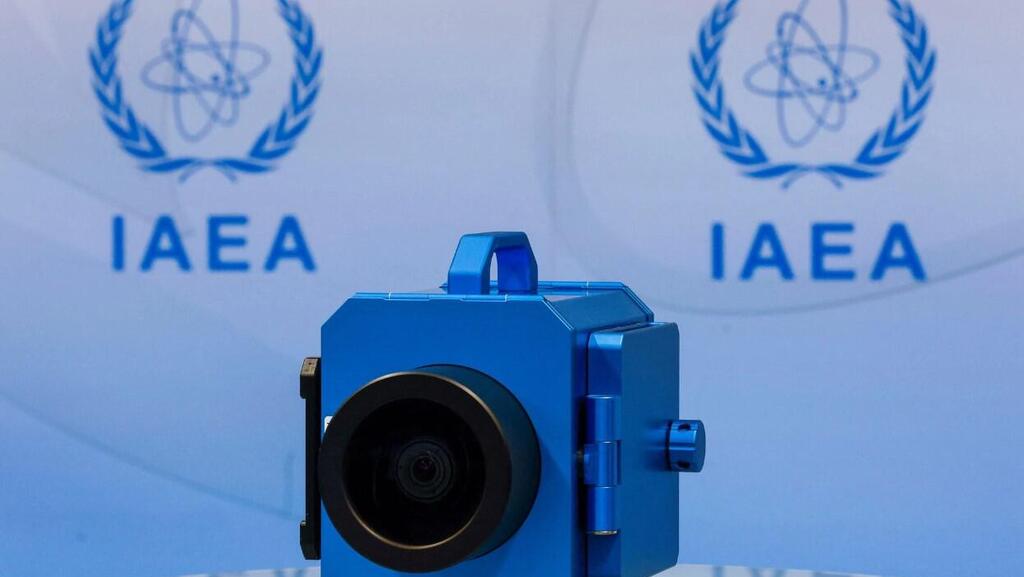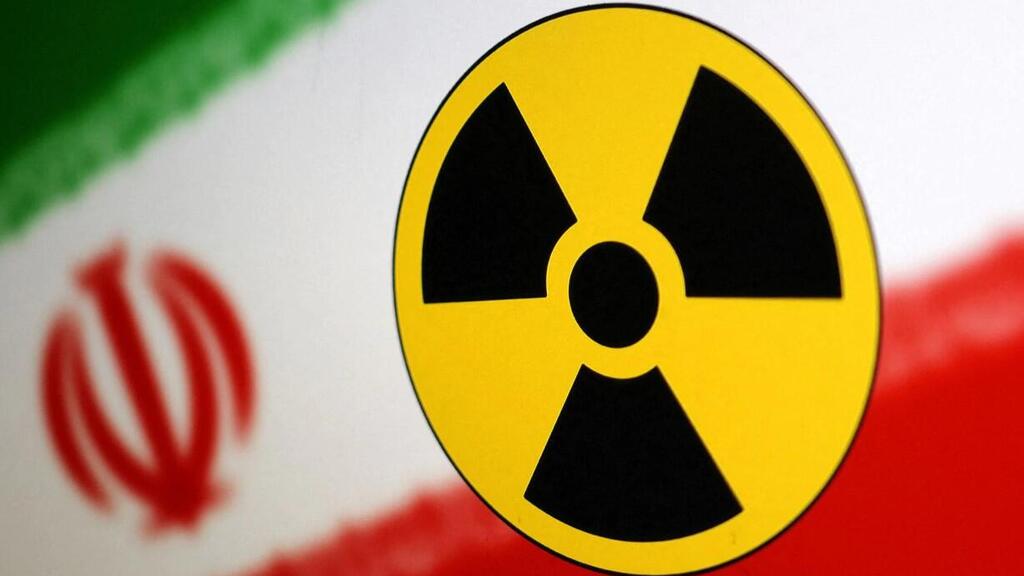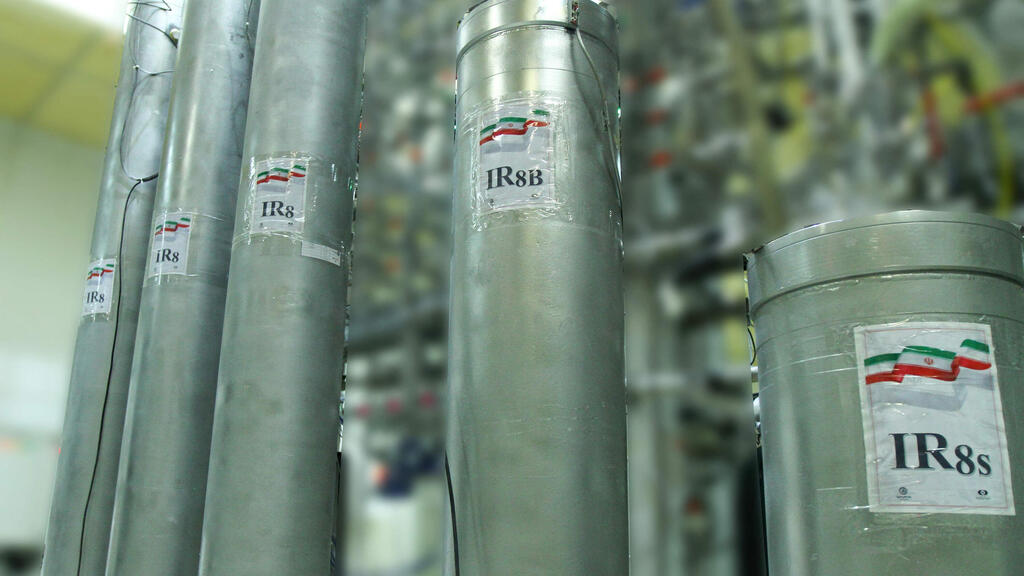Getting your Trinity Audio player ready...
Iran will keep the UN nuclear watchdog's cameras turned off until a 2015 nuclear deal is restored, the head of the country's Atomic Energy Organization said on Monday, state media reported.
Nuclear chief Mohammad Eslami also said Iran would not agree to address alleged unexplained uranium traces as demanded by the IAEA, adding that the 2015 nuclear deal had cleared Iran of so-called PMD (possible military dimensions) allegations.
3 View gallery


A surveillance camera is displayed during a news conference about developments related to the IAEA's monitoring and verification work in Iran
(Photo: Reuters)
In June, the 35-nation Board of Governors of the International Atomic Energy Agency (IAEA) overwhelmingly passed a resolution criticizing Iran for failing to explain uranium traces found at three undeclared sites.
"The claimed PMD cases and locations were closed under the nuclear accord and if they (West) are sincere, they should know that closed items will not be reopened. The basis of the nuclear accord was a response to these alleged cases," Eslami was quoted by state media as saying.
Iran informed the IAEA that it had removed IAEA equipment, including 27 cameras installed under the 2015 pact with world powers, after the agency passed a resolution criticizing Tehran in June.
"We will not turn on the IAEA cameras until the other side returns to the nuclear deal," Eslami said.
"We will decide about the ...cameras added under the nuclear deal after the Westerners return to the accord and we are sure they won't do anything mischievous," Eslami added.
The 2015 nuclear pact imposed curbs on Iran's nuclear activities in return for the lifting of international sanctions. Then-president Donald Trump pulled the United States out of the deal in 2018, reimposing tough economic sanctions on Tehran.
Iran's ruling clerics responded by breaching the pact's nuclear restrictions.
Iran's foreign ministry spokesman Nasser Kanaani on Monday accused IAEA Chief Rafael Grossi of having "unprofessional, unfair and unconstructive views" on Tehran's nuclear program.
Iran's nuclear program is "galloping ahead" and the IAEA has very limited visibility on what is happening, Grossi said in an interview published on Friday.
Western powers warn Iran is getting closer to being able to sprint towards making a nuclear bomb. Iran denies wanting to. Indirect talks between Iran and the United States on reviving the 2015 deal have been stalled since March.
French President Emmanuel Macron expressed his disappointment to his Iranian counterpart Ebrahim Raisi at the lack of progress over talks. The nuclear pact seemed near revival in March but talks were thrown into disarray partly over whether the United States might remove Iran's Islamic Revolutionary Guard Corps (IRGC) from its Foreign Terrorist Organization list. The IRGC controls elite armed and intelligence forces that Washington accuses of a global terrorist campaign.
The Biden administration has made clear it has no plan to drop the IRGC from the list, a step that would have limited practical effect but which would anger many U.S. lawmakers.



